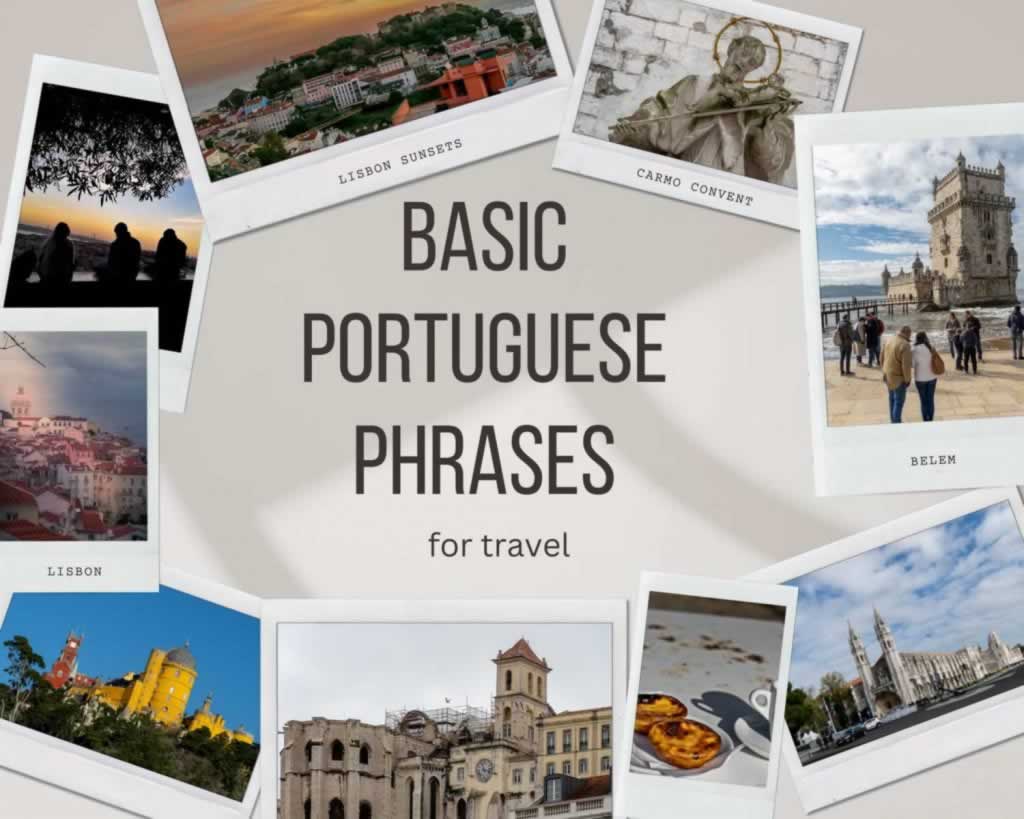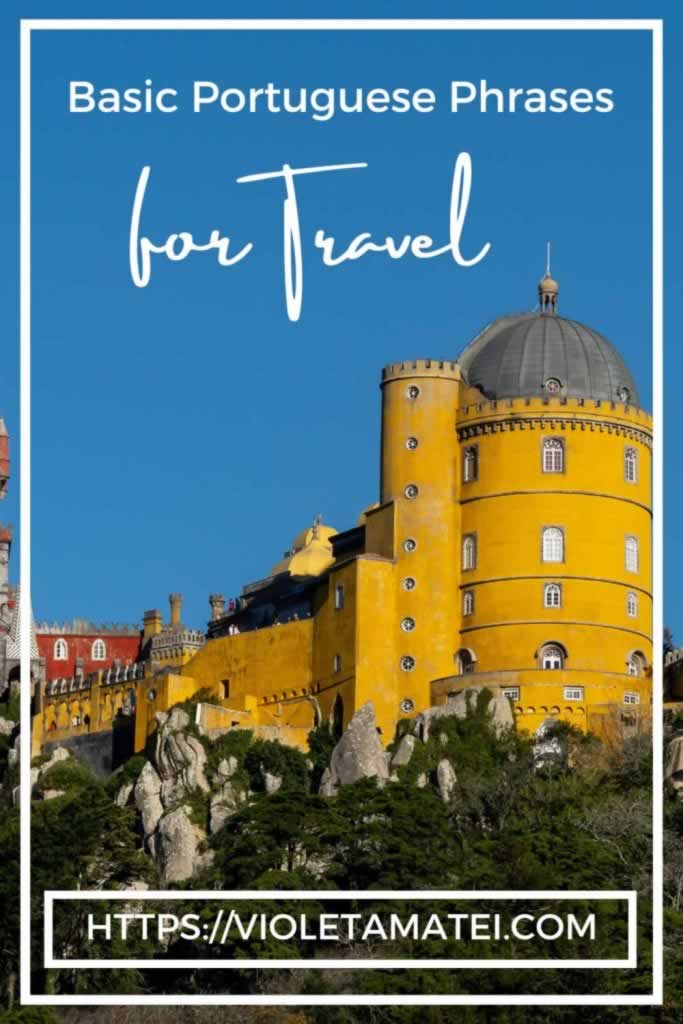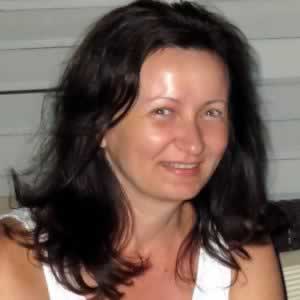Last Updated on: 1st September 2023, 06:51 pm
Learning a few basic Portuguese phrases for travel can take you a long way when it comes to interacting with locals and making the most out of your Portugal trips. Even a simple obrigada or obrigado can put a smile on your interlocutor’s face. That’s “thank you” in Portuguese, so you know. Hopefully, this handy Portuguese travel phrases guide with pronunciation will help you find your way around Portugal and enjoy your time to the full.
A guide to useful Portuguese phrases for travel should include greetings, essential getting around questions, phrases for getting attention, basic dining-related phrases, healthcare related phrases, and most common Portuguese phrases to flirt. Let’s take these categories of words and phrases one by one.

Main Topics of Basic Portuguese Phrases for Travel
Brief Overview of Portuguese Language
Portuguese belongs to the Romance group of languages, together with French, Italian, Spanish, and Romanian.
Portuguese is the ninth most spoken language worldwide, with about 234 million speakers. Portugal counts only 10 million people, but Portuguese is also spoken in Brazil and in several countries in Africa (that once were Portuguese colonies).
This means you’ll be able to make use of your basic Portuguese phrases when you travel to any of these countries. Speakers of European and Brazilian Portuguese can understand each other, even though the pronunciation of many words and letters differs from one language to the other.
Basic Greetings in Portuguese
Let’s see how to greet and how to say hello, how are you, good morning, good afternoon, or have a nice day in European Portuguese.
Good Morning – Bom Dia
Bom means Good and Dia means Day. You’ll use Bom Dia a lot in Portugal, so make sure you do learn the correct pronunciation.
When you say “bom” you shouldn’t close your lips on the “m.” Check out the following YouTube video to hear it and to practise your pronunciation:
You’ll want to use this greeting before asking for your morning coffee with Pasteis de Nata. If you are like me, you’ll repeat it daily, multiple times per day.
Good Afternoon – Boa Tarde
In the second part of the day you may want to drop the Bom Dia and use Boa Tarde (good afternoon) instead. Nonetheless, I think “bom dia” also works.
Here’s the European Portuguese pronunciation of Boa Tarde:
Good Night – Boa Noite
Boa Noite means Good Night or Good Evening. You can use it as a greeting after 6pm. It also has the meaning of “good bye.” Here’s how you pronounce it correctly:
Hello – Olá
This one is easy. You can use it instead of bom dia or boa tarde. If you don’t remember the right pronunciation of these other Portuguese greetings, use Olá. You won’t go wrong!
Good Bye – Adeus
If you wave your hand and say bye, most people would understand you. However, if you want to use your Portuguese knowledge, you can say adeus.
How Are You? – COMO ESTÃS
There are many ways to answer to “how are you” in Portuguese. If you don’t want to repeat yourself, try to learn at least two or three of these Portuguese phrases.
The easiest answer is “tudo bem,” which means “everything is good.” The pronunciation is tricky, so make sure you listen to it in the following video:
Please – Por Favor
Please is another work you’ll use a lot during your trip to Portugal. It is an easy one, so you’ll surely remember how to pronounce it.
Obrigado / Obrigada – Thank You
You can always say “thank you” in English, but keep in mind that the Portuguese version could take you a longer way when it comes to making friends with people. Click here to read my article about this Portuguese phrase and the correct way to use it by gender and number.
You’re Welcome – De Nada
“De nada” is the typical answer to obrigado / obrigada and it literally means “for nothing.”
Cheers РSa̼de
Whenever you enjoy a drink with locals, the time will come when you want to say “cheers!” The Portuguese for cheers is saúde, which means health. In Portugal, as in many other countries worldwide, you say it before starting drinking.
Yes & No РSim & Ṇo
Sim means Yes. When you want to give an affirmative answer to a closed question, you can either use the verb or simply say sim.
When your answer is negative, the only thing to say is não.

Other Basic Portuguese Phrases for Travel
- Onde está a parada de autocarro? – “Where is the bus stop?â€
- Onde está a estação de comboios? – Where is the railway station?
- Qual é o seu nome? – “What is your name?”
- Tenho uma reserva – I have a reservation.
- Um caf̩, por favor! РA coffee, please!
- Uma cerveja, por favor – A beer, please!
- Agua – water
- Vinho – wine
- A conta, por favor – The bill, please!
- Quanto custa? – How much does this cost?
- Onde fica a casa de banho? – Where is the bathroom?
- Não entendo – I don’t understand
- Desculpe, não falo português – Sorry, I don’t speak Portuguese
- É uma emergência – It is an emergency
- Posso usar o seu telefone? – May I use your phone?
- Ramla Beach Gozo, Maybe the Best in Malta - April 9, 2024
- Where To Go on Honeymoon: List of the Most Interesting Countries - April 9, 2024
- A Guide to Nepal Treks from India - April 5, 2024

